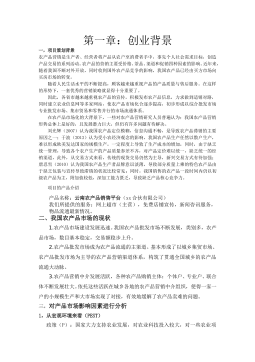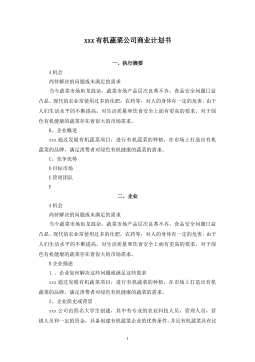我国城市社区治理中居民参与空间研究——以上海市杨浦区为例
摘要社区自治是我国城市社区治理的目标。在全球公民参与运动和我国社区建设高涨的情况下,国内相关理论研究、社区治理实践都表明,社区居民作为社区治理的主体和社区利益的分享者,还无法真正融入到社区治理中,这主要是由于居民参与空间有限造成的。社区治理就是要培养社区居民之间的亲密关系以及对社区的归属感,使社区居民与社区之间能够建立协调发展、和谐有序的平衡关系。正是基于以上原因,本论文分析了我国社区治理中居民参与空间的相关问题,针对居民参与空间不足这一现状,提出了提高居民参与空间的对策,以使我国的社区治理工作能够继续顺利开展。论文介绍了选题的背景、研究目的和意义,对国内外研究现状、研究方法进行了分析并对相关...
相关推荐
-
10KV电网D-SCADA 系统信息采集与故障诊断研究与设计VIP免费
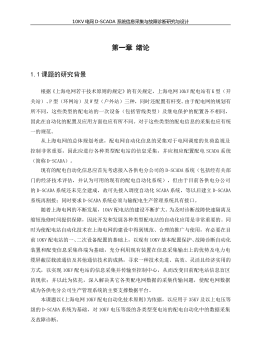
 2024-10-14 25
2024-10-14 25 -
方形吸顶散流器平送风等温射流特性研究VIP免费
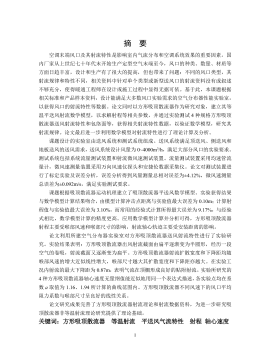
 2025-01-09 7
2025-01-09 7 -
关于充液声导波传感器中频散兰姆波的研究VIP免费
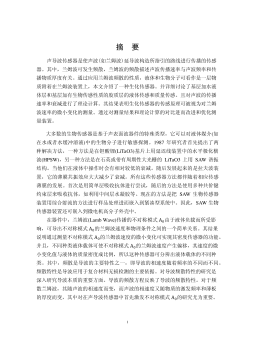
 2025-01-09 10
2025-01-09 10 -
结合梁斜拉桥施工过程中考虑剪力滞影响的分析方法VIP免费

 2025-01-09 6
2025-01-09 6 -
空调房间热舒适性的数值模拟与实验研究VIP免费
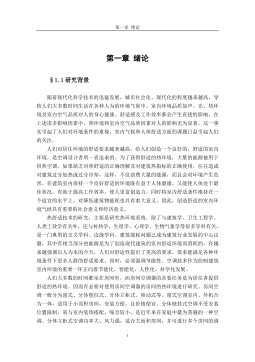
 2025-01-09 7
2025-01-09 7 -
汽车前轮线控转向系统研究VIP免费
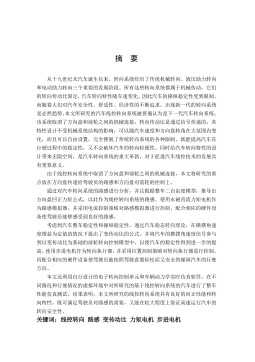
 2025-01-09 8
2025-01-09 8 -
输入分配型混合动力车辆动力系统控制策略研究VIP免费
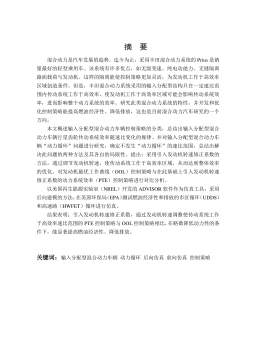
 2025-01-09 7
2025-01-09 7 -
双馈风力发电系统的柔性并网控制研VIP免费
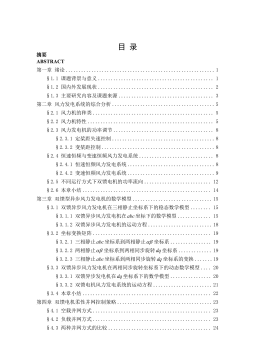
 2025-01-09 10
2025-01-09 10 -
污水处理厂污泥好氧堆肥发酵技术的试验研究VIP免费
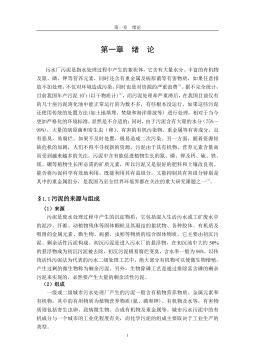
 2025-01-09 7
2025-01-09 7 -
应用风室试验装置的风机性能VIP免费
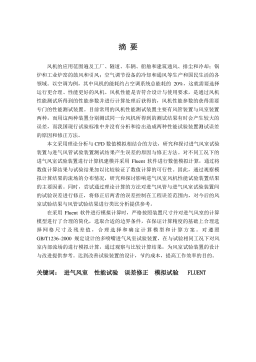
 2025-01-09 8
2025-01-09 8
相关内容
-

汽车前轮线控转向系统研究
分类:高等教育资料
时间:2025-01-09
标签:无
格式:PDF
价格:15 积分
-

输入分配型混合动力车辆动力系统控制策略研究
分类:高等教育资料
时间:2025-01-09
标签:无
格式:PDF
价格:15 积分
-

双馈风力发电系统的柔性并网控制研
分类:高等教育资料
时间:2025-01-09
标签:无
格式:PDF
价格:15 积分
-

污水处理厂污泥好氧堆肥发酵技术的试验研究
分类:高等教育资料
时间:2025-01-09
标签:无
格式:PDF
价格:15 积分
-

应用风室试验装置的风机性能
分类:高等教育资料
时间:2025-01-09
标签:无
格式:PDF
价格:15 积分


